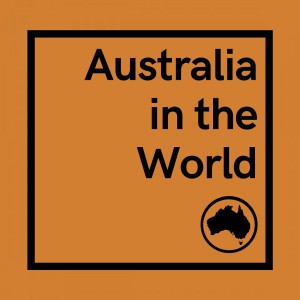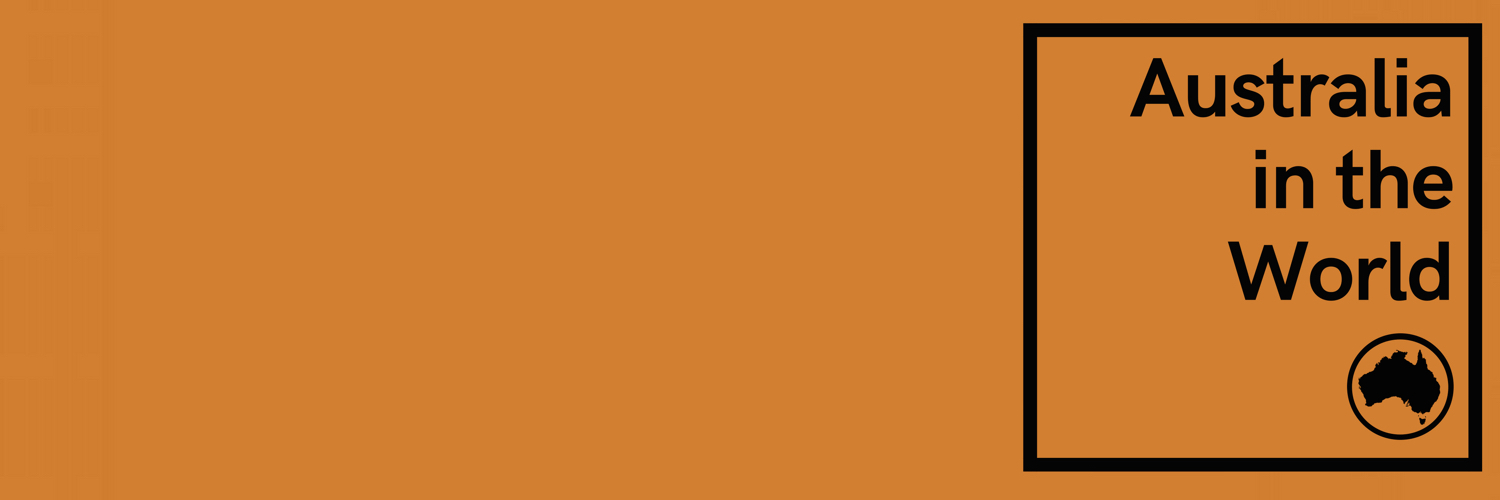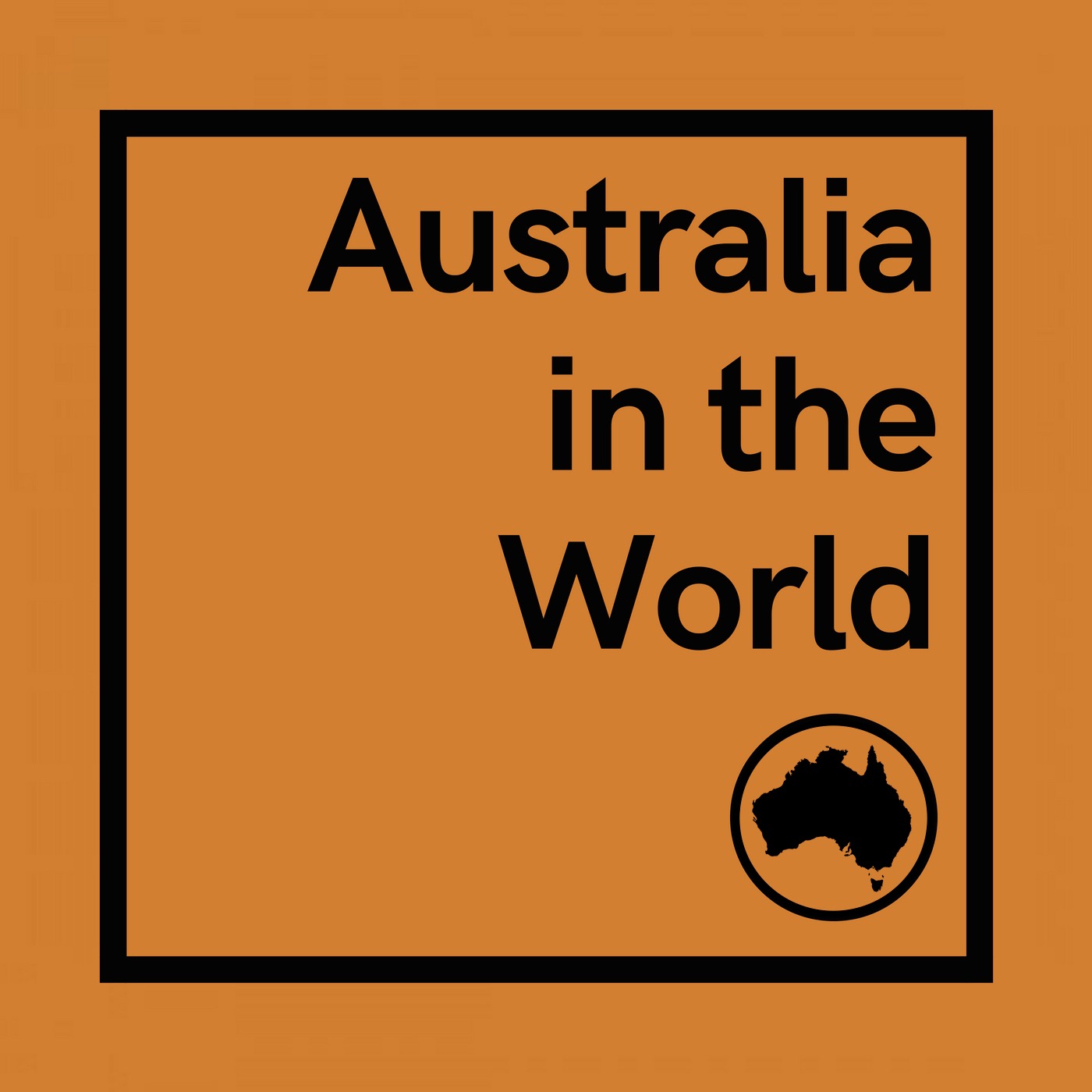Episodes

Saturday Jul 18, 2020
Saturday Jul 18, 2020
Allan and Darren welcome Stephen Dziedzic to the podcast, who covers foreign affairs in the Asia Pacific region for Australia’s national broadcaster, the ABC, based at Parliament House in Canberra. Stephen has spent more than a decade at the ABC, including five years covering federal politics. He also spent two years working for the Department of Foreign Affairs and Trade at the Australian High Commission in New Delhi.
The way the media covers international affairs and Australian foreign policy has come up several times on the podcast before, and at times Allan and Darren have both expressed their frustration at some of the reporting! Stephen is asked, if not to defend, at least to explain how the media operates in reporting on Australia in the world in the year 2020, and the rationale behind the coverage.
After Stephen provides an overview of his career to date and interest in international affairs, Allan begins by asking how the media landscape has changed since the publication of Allan’s book in 2007 (co-authored with Michael Wesley), Making Australian Foreign Policy. To what extent do the traditional media outlets still act as gatekeepers? The conversation moves to some of the ins and outs of covering foreign policy in Canberra, such as government “drops” of major speeches, and dealing with embassies. Allan asks Stephen for his impression of whether DFAT does a good job of selling itself, in light of a recent critique by Dave Sharma MP.
Darren looks to zoom out, asking Stephen about the broader media landscape. How much room is there for foreign policy content and what does it mean for a story to be newsworthy? What about variation in coverage—how different is the ABC to the major broadsheets, and what about the tabloids? After his recent brush with tabloid fame, Allan puts to Stephen the critique that editors act like TV “showrunners”, working to ensure that whatever twists the plot takes, it remains faithful to a predetermined overall narrative. Is that critique unfair? Stephen’s thoughtful response covers a lot of ground, including many of the tricky ethical issues involved and the civic responsibilities of journalists. Following on, Darren is particularly interested in the decision to grant anonymity to government leaks.
Allan muses about how difficult it is to get ministers to focus on issues of long-term importance, and the immediacy of media coverage creates similar challenges. How can a journalist turn something s/he knows to be important into news, and does social media help or hurt with that?
In the final part of the conversation, Darren pivots to domestic politics, and asks specifically about the “Wolverines” group of MPs who take a hard line on China policy. Is there a political logic to their grouping? Allan asks if generational differences may play a role in explaining divides on China policy. The interview concludes on the distinction between “public interest” and “national interest” in an era of growing geopolitical rivalry.
As always, we invite our listeners to email us at this address: australia.world.pod@gmail.com We welcome feedback, requests and suggestions. You can also contact Darren on twitter @limdarrenj
We thank AIIA intern Mitchell McIntosh for his help with research and audio editing and Rory Stenning for composing our theme music.
Relevant links
Stephen Dziedzic’s ABC page: https://www.abc.net.au/news/stephen-dziedzic/166934?nw=0
Dave Sharma, “A diplomatic step-up to match our military step up”, Lowy Interpreter, 13 July 2020: https://www.lowyinstitute.org/the-interpreter/diplomatic-step-match-our-military-step
Michael Koziol, “'Seriously damaging': ASIO says advice on border security was misrepresented”, Sydney Morning Herald, 18 February 2019: https://www.smh.com.au/politics/federal/seriously-damaging-asio-says-advice-on-border-security-was-misrepresented-20190218-p50ykq.html


No comments yet. Be the first to say something!